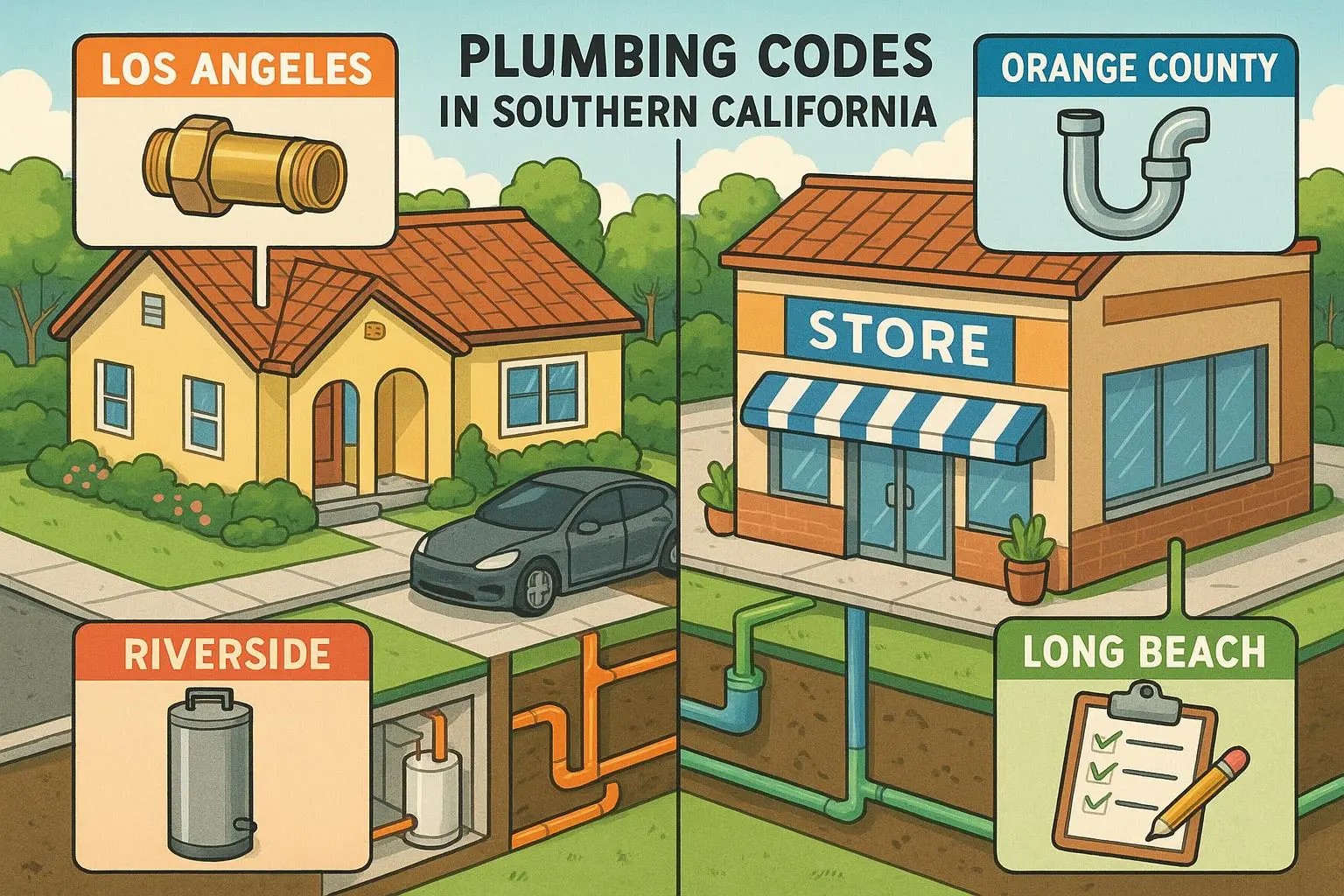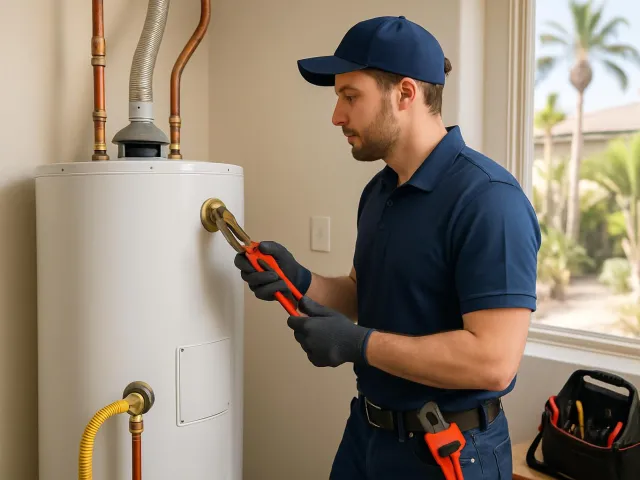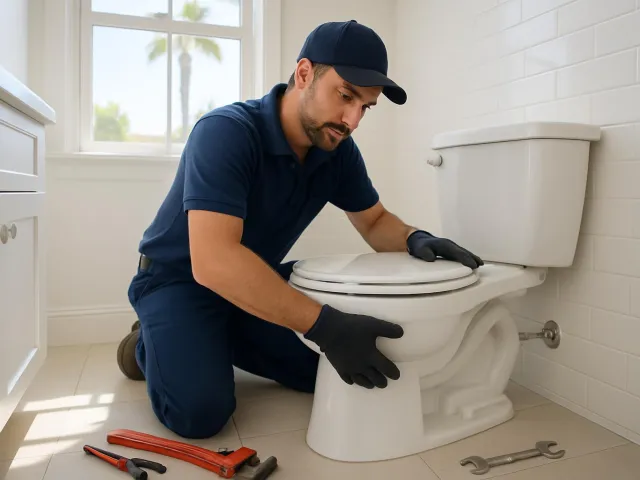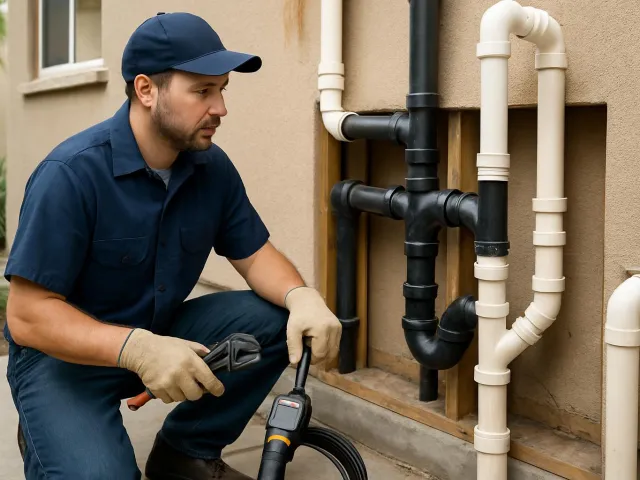Plumbing Codes in Southern California: Why County Differences Matter
Understanding local plumbing codes is crucial whether you’re a Los Angeles homeowner upgrading your bathroom or a commercial property manager in Orange County planning a buildout. Plumbing codes in Southern California can differ significantly from county to county, impacting everything from permits to installation methods. If you don’t know these differences, you risk project delays, failed inspections, and even hazards to your property and health. In this blog, we reveal how local plumbing codes vary across Southern California—with a focus on Los Angeles, Orange County, San Bernardino, Riverside, and Long Beach—and why hiring an expert like A-1 Performance Rooter and Plumbing makes all the difference.
Why Do Plumbing Codes Differ Across Southern California Counties?
The California Plumbing Code sets a statewide standard, but individual counties and cities often add supplementary requirements. These local adaptations cater to regional climate, water supply challenges, seismic activity, and population density—factors especially relevant in Southern California. For example, coastal communities like Long Beach have unique saltwater corrosion concerns, while inland areas like Riverside may contend with hard water and drought policies.
- Los Angeles County: Often adopts stricter backflow prevention and seismic bracing standards due to dense population and earthquake risk.
- Orange County: Tends to emphasize water efficiency and cross-connection control, aligned with local water district regulations.
- Riverside & San Bernardino Counties: Adapt codes to accommodate extreme temperature swings and water conservation ordinances.
These local amendments affect everything from fixture selection to pipe materials and installation techniques. Without understanding the differences, your project could fail inspection and face costly modifications.
Common Plumbing Code Variations by County
Let’s break down typical differences in plumbing requirements across Southern California’s major counties:
- Pipe Materials: Some counties restrict the use of PEX or require copper piping in specific areas due to taste, health, or durability issues.
- Permitting: Los Angeles requires permits for most upgrades and repairs—even water heater replacements—while other counties may have exemptions for minor work.
- Water Heaters: Seismic strapping, specific venting, and pressure relief valve requirements can be much stricter in earthquake-prone zones.
- Fixtures: Orange County and Long Beach frequently require high-efficiency, WaterSense-labeled toilets and faucets to meet water conservation codes.
- Drainage & Sewer: Some cities have unique standards for slope, cleanouts, and backwater valves to address flooding risks and heavy rains.
Pro Tip: Always check with your local building/state authorities or a qualified local plumber before starting any plumbing work!
Why These Differences Matter to Homeowners and Businesses
Ignoring local plumbing codes can result in:
- Failed Inspections: Non-compliant work may be flagged during city inspections, leading to expensive rework or project shutdowns.
- Insurance Issues: Insurance companies may deny claims for damages caused by unpermitted or non-code plumbing work.
- Safety Risks: Improper installation—like insufficient backflow prevention—can threaten drinking water safety and property integrity, especially in earthquake-prone Southern California regions.
- Resale Complications: Unpermitted plumbing work can hold up home sales during disclosure or appraisal processes.
How A-1 Performance Rooter and Plumbing Can Help
A-1 Performance Rooter and Plumbing’s team is fluent in the local plumbing codes from Los Angeles and Orange County to Riverside and Long Beach. Our licensed technicians ensure every repair, installation, or remodel is code-compliant, helping you avoid fines and costly future issues.
- We pull the right permits for you—saving you time and stress.
- Our extensive experience means we anticipate common project hurdles unique to each city.
- We keep you informed on upcoming code changes, like new water heater requirements or sewer line regulations.
Frequently Asked Questions About Southern California Plumbing Codes
- Do I need a permit to replace my water heater in Orange County?
- Yes, most cities require a permit and inspection to ensure proper installation and seismic safety.
- Can I use PEX piping in Los Angeles?
- Los Angeles allows PEX in most cases but may have restrictions in high-rise or commercial buildings. Always check local amendments.
- What makes Long Beach plumbing codes unique?
- Special anti-corrosion measures for coastal areas and strict conservation rules for fixtures.
Conclusion: Protect Your Property—Hire Local Plumbing Experts
Each Southern California county—and sometimes city—has unique plumbing code requirements. For homeowners and business owners in Los Angeles, Orange County, Long Beach, or Riverside, trusting a licensed, local plumber protects your investment, ensures compliance, and gives peace of mind. Don’t risk costly mistakes—call A-1 Performance Rooter and Plumbing at (800) 997-3090 or contact us online to schedule a code-compliant inspection or estimate today!





